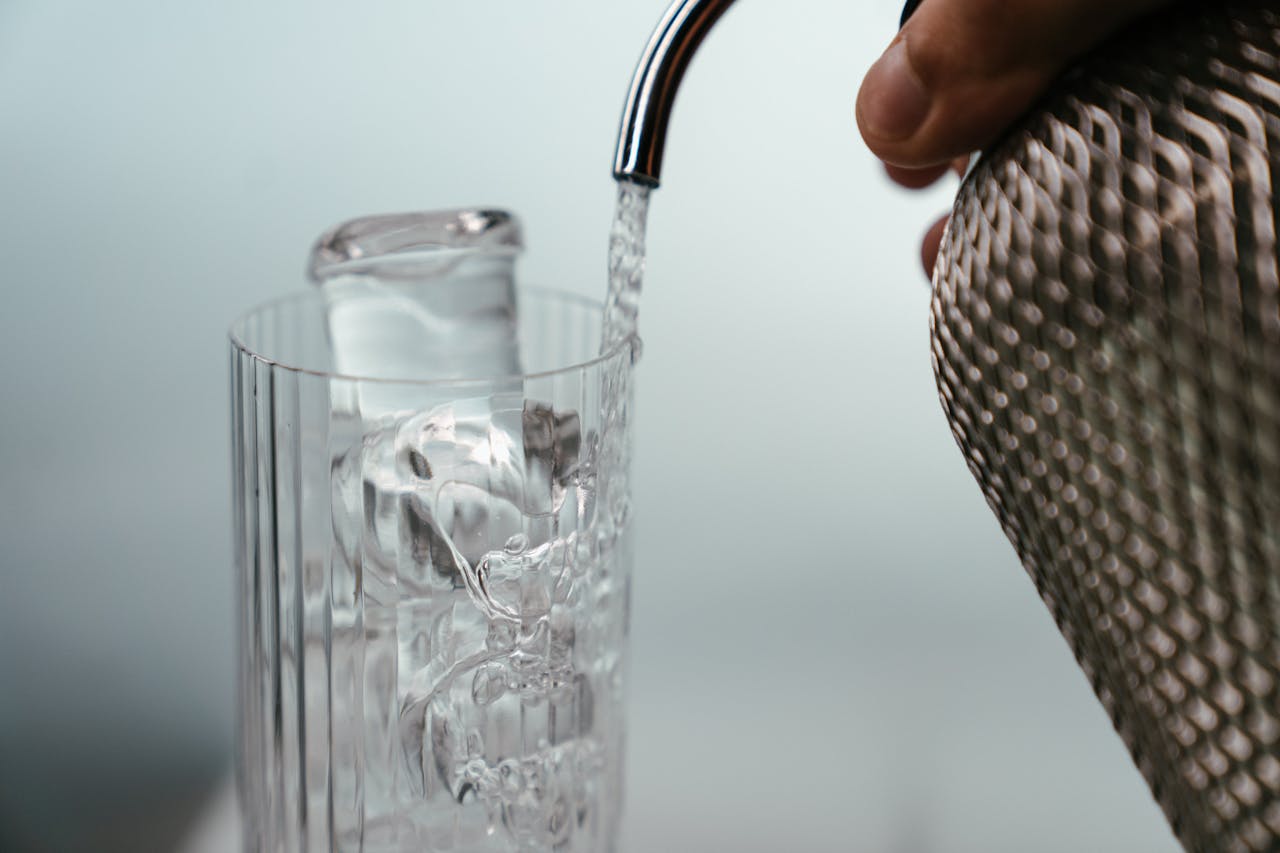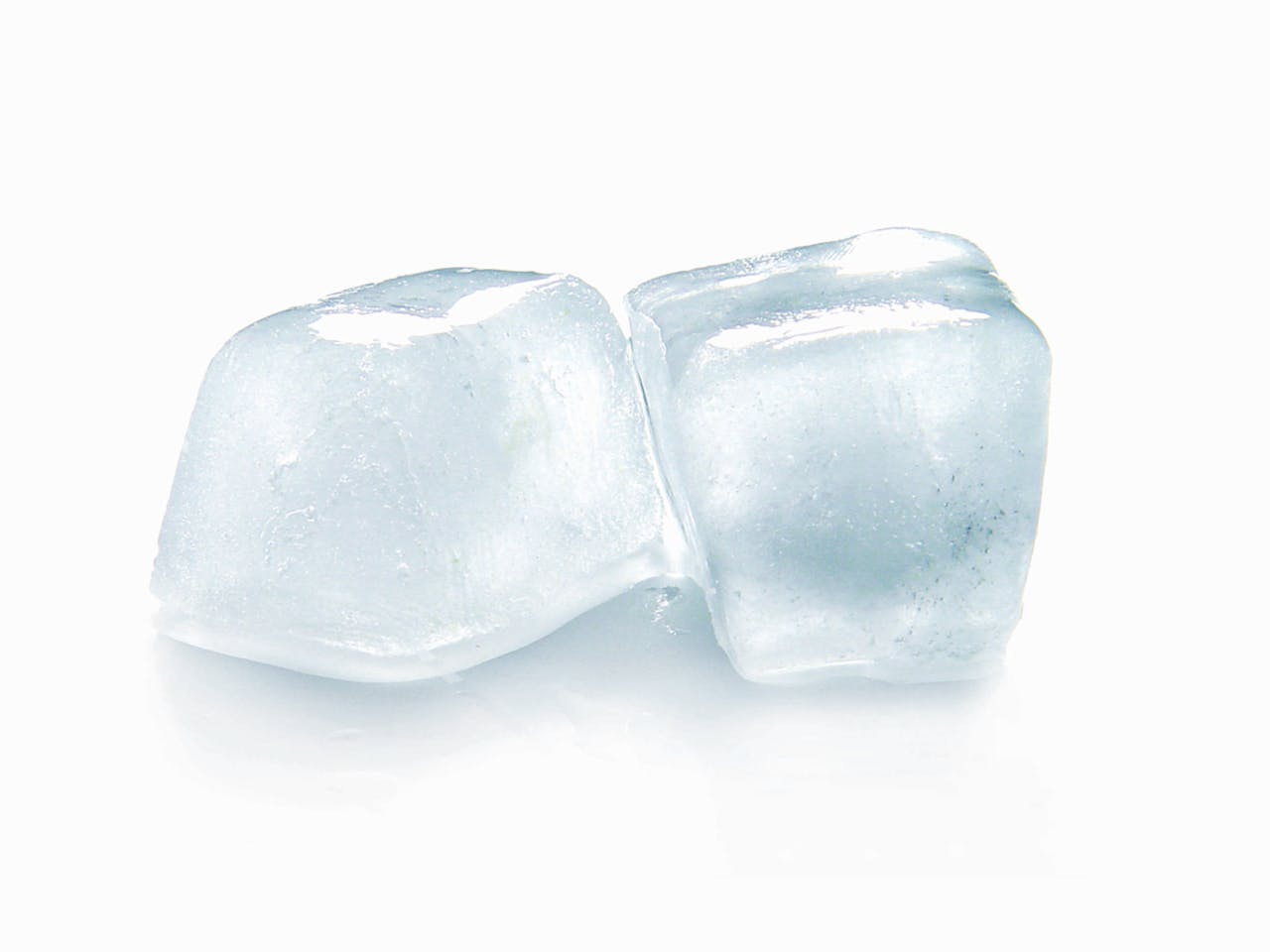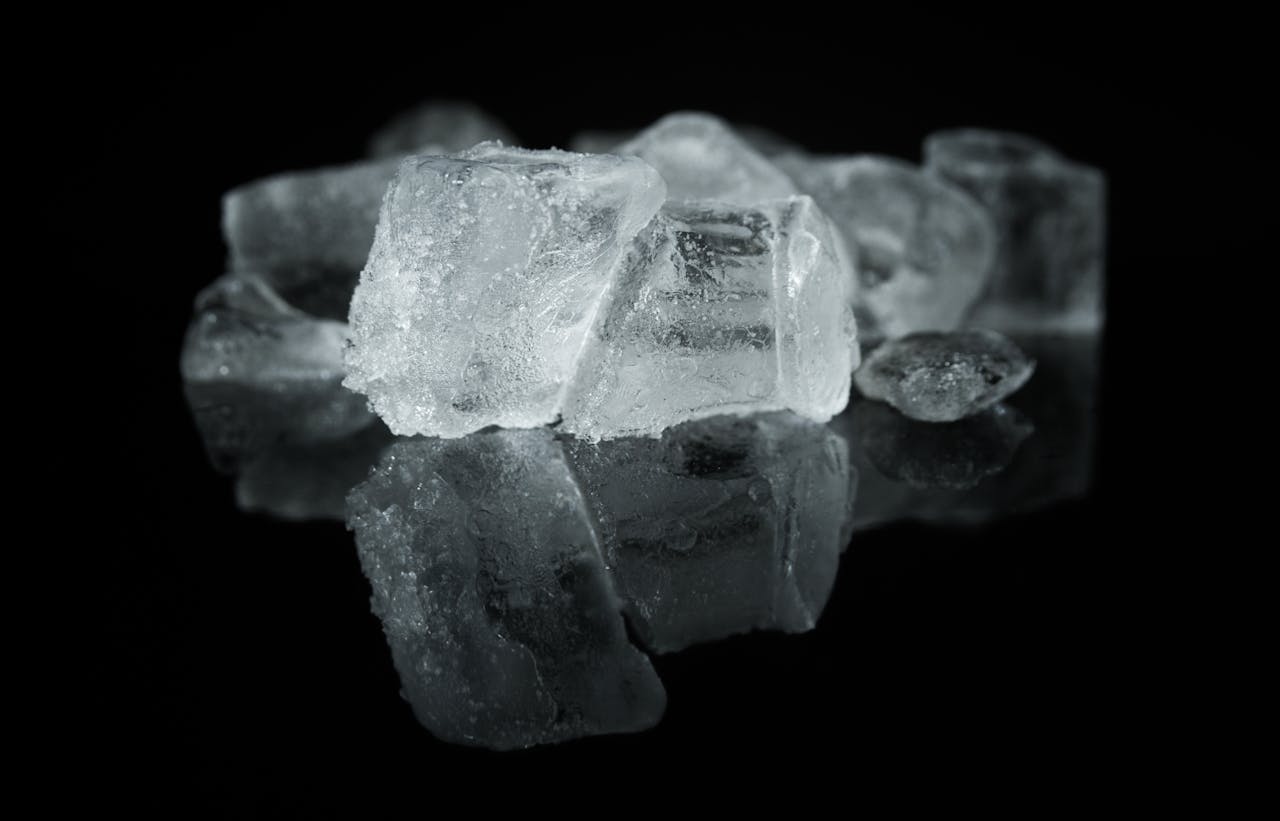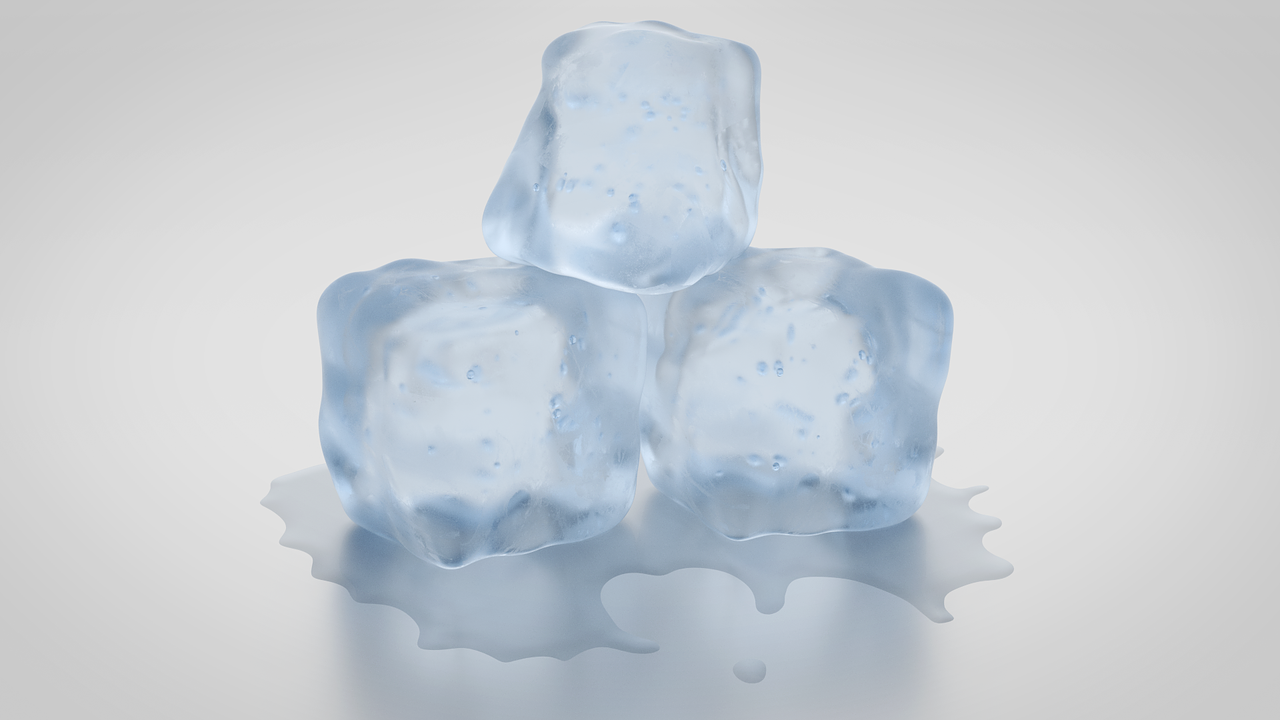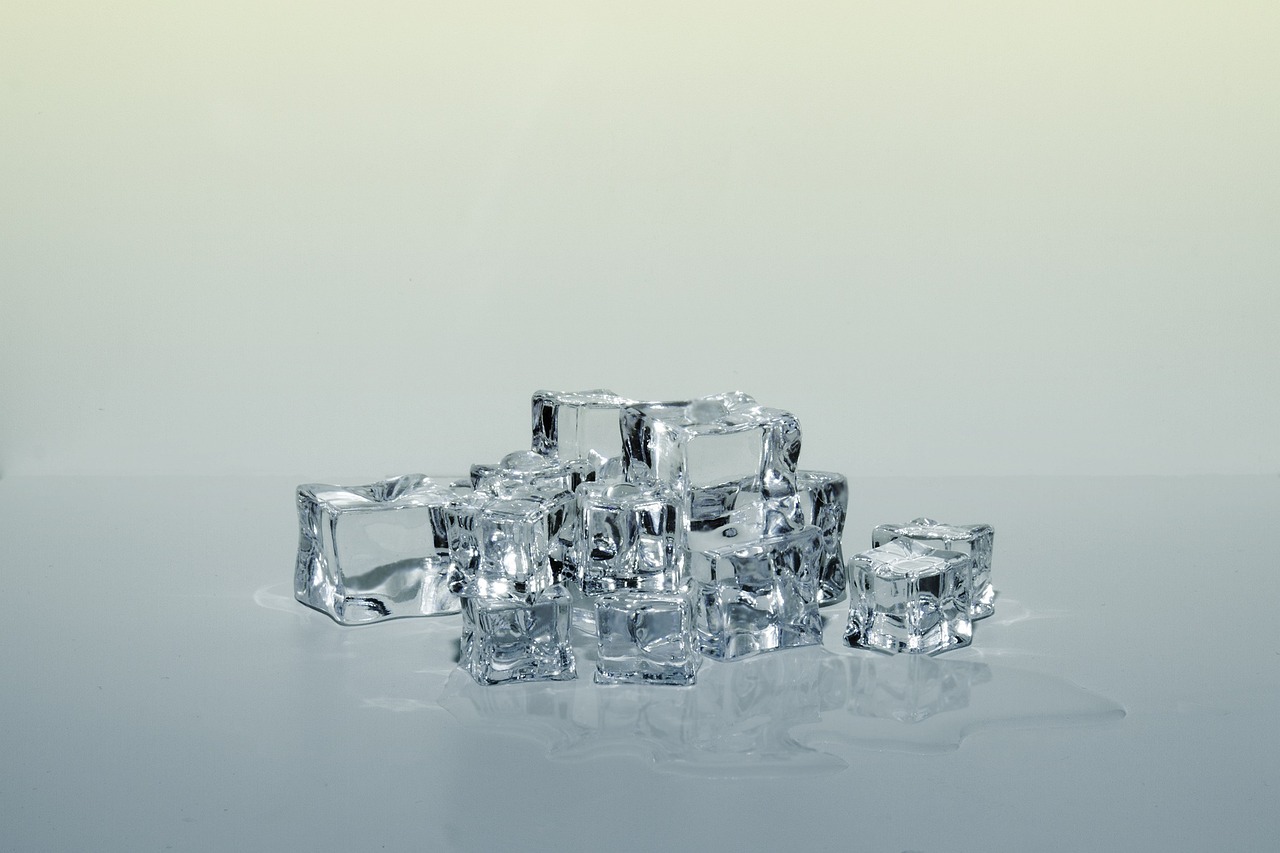Ovens are a central appliance in many kitchens, used for everything from baking and roasting to broiling and even heating up leftovers. Despite their ubiquity, oven issues, such as problems with the broil element or gas burner, are a frequent complaint among both novice and experienced cooks who seek troubleshooting tips during the troubleshooting process. For first-time users, troubleshooting why these problems occur and how to avoid them can make a significant difference in their cooking experience. This article will delve into troubleshooting the common reasons behind oven issues, including temperature sensors and igniter, and provide expert DIY tips to help first-time users navigate and prevent these problems effectively.
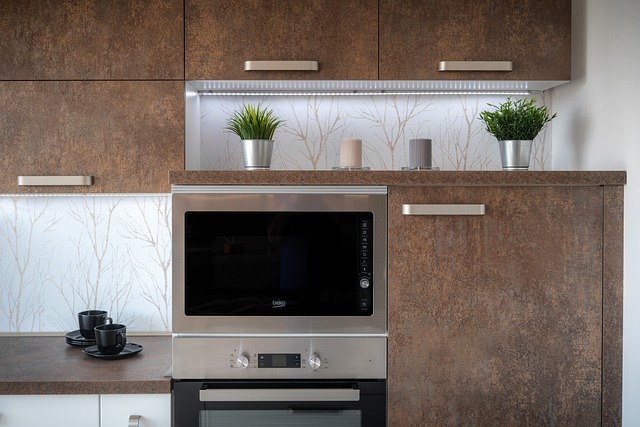
Understanding Common Oven Issues
- Temperature Inconsistencies
- Cause: One of the most frequent problems with ovens is temperature inconsistency. This can be caused by a malfunctioning thermostat, poor calibration, or uneven heat distribution within the oven cavity.
- Solution: Regularly check your oven’s temperature accuracy with an oven thermometer. If there is a discrepancy between the set temperature and the actual temperature or any power supply issue, troubleshoot and calibrate the oven according to the manufacturer’s instructions or contact a professional technician.
- Uneven Cooking
- Cause: Uneven cooking can result from several factors, including the placement of the oven racks, the condition of the heating elements, issue, temperature sensors, and power supply.
- Solution: Ensure that oven racks are properly positioned based on the type of cooking. Use middle racks for even heat distribution. Also, invest in quality, oven-safe cookware that conducts heat evenly. Regularly inspect and clean heating elements to ensure they are functioning correctly.
- Burning Food
- Cause: Food burning is often due to incorrect temperature settings, incorrect rack positioning, or failure to monitor the cooking process.
- Solution: Always follow recipe guidelines for temperature settings and cooking times. Use a timer to keep track of cooking durations. If you notice frequent burning, consider lowering the temperature slightly or adjusting the rack position.
- Oven Not Heating
- Cause: An oven that fails to heat up can be attributed to issues with the heating elements, a broken thermostat, or electrical problems.
- Solution: Check if the heating elements (both the bake and broil elements) are glowing red when the oven is on. If not, they may need replacement. Ensure the thermostat is working correctly. For electrical issues, it’s best to consult a professional.
- Self-Cleaning Problems
- Cause: Self-cleaning ovens can sometimes lock up or fail to complete the cleaning cycle. This might be due to high temperatures damaging components, or a malfunctioning door lock.
- Solution: Follow the manufacturer’s instructions for using the self-cleaning function. Ensure the oven is cool before starting the cycle and never force the door open. If problems persist, consult a technician.
- Faulty Door Seals
- Cause: A faulty door seal can lead to heat escaping, causing inefficient cooking and higher energy bills.
- Solution: Regularly inspect the door seals for any signs of wear and tear. Replace the gasket if it appears damaged or loose to ensure a proper seal.
- The Oven Light Not Working
- Cause: The oven light can fail due to a burnt-out bulb, faulty wiring, or issues with the light switch.
- Solution: Replace the bulb with one recommended by the manufacturer. If the problem persists, check the wiring and light switch, or contact a professional for repairs.
- Strange Noises
- Cause: Unusual noises such as banging, rattling, or humming can indicate issues with the fan motor, loose parts, or electrical problems.
- Solution: Inspect the oven to identify the source of the noise. Tighten any loose components. If the noise persists, it might be a sign of a faulty fan motor or electrical issue, requiring professional attention.
Expert Tips For First-Time Oven Users
- Read the Manual Thoroughly
- Understanding your specific oven model is crucial. The user manual provides essential information about the oven’s features, settings, and maintenance guidelines. Familiarize yourself with these details to avoid common mistakes.
- Preheat Properly
- Always preheat your oven to the required temperature before placing food inside. This ensures even cooking from the start and prevents undercooking or overcooking.
- Use Oven-Safe Cookware
- Not all cookware is designed for oven use. Ensure your pots, pans, and dishes are labeled as oven-safe to avoid damage and potential hazards.
- Regular Cleaning
- Regularly clean your oven to prevent the buildup of grease and food residue, which can affect performance and cause unpleasant odors. Use the self-cleaning function if available, but follow the manufacturer’s instructions carefully.
- Avoid Opening the Door Frequently
- Each time the oven door is opened, heat escapes, leading to temperature fluctuations and uneven cooking. Use the oven light and window to check on your food instead.
- Check the Position of Oven Racks
- The position of the racks can affect cooking outcomes. Follow recipe recommendations for rack placement to ensure even cooking and baking.
- Understand Convection Settings
- If your oven has a convection feature, learn how to use it properly. Convection ovens cook food faster and more evenly by circulating hot air, which can be beneficial for certain recipes.
- Monitor Cooking Progress
- Use timers and check the progress of your cooking regularly. This helps avoid overcooking or undercooking and allows you to make adjustments as needed.
- Avoid Overloading the Oven
- Overloading the oven can impede airflow and lead to uneven cooking. Leave enough space between dishes for proper air circulation.
- Regular Maintenance Checks
- Schedule regular maintenance checks to ensure all components are functioning correctly. This includes inspecting heating elements, door seals, and the thermostat.
Troubleshooting Common Oven Problems
- Temperature Calibration
- If you suspect your oven temperature is off, use an oven thermometer to check its accuracy. Adjust the temperature settings accordingly or refer to the manual for calibration instructions.
- Fixing Uneven Heating
- Ensure that the oven is level. Use an oven thermometer to check different areas of the oven cavity. If there are significant discrepancies, a professional may need to inspect the heating elements or the oven’s internal structure.
- Replacing Heating Elements
- If your oven is not heating properly, the heating elements may need to be replaced. This is usually a straightforward process but should be done with care. Consult your oven’s manual or seek professional help if unsure.
- Addressing Electrical Issues
- For issues like the oven not turning on or strange electrical noises, it’s best to consult a professional. Electrical problems can be hazardous and require expert handling.
- Dealing with Self-Cleaning Problems
- If the self-cleaning function is causing issues, ensure the oven is not overheating. Allow the oven to cool completely before attempting another cycle. If the problem persists, professional servicing might be needed.
- Repairing Door Seals
- A damaged door seal can be replaced by purchasing a new gasket from the manufacturer. Ensure the new seal fits snugly to prevent heat from escaping.
- Replacing the Oven Light
- If the oven light is not working, first replace the bulb. If this doesn’t resolve the issue, inspect the light socket and wiring. A professional electrician can assist with more complex repairs.
- Eliminating Strange Noises
- Identify and tighten any loose parts. If the noise is coming from the fan, it might need lubrication or replacement. For persistent issues, consult a technician.
Safety Tips For Oven Use
- Keep the Oven Area Clear
- Ensure the area around the oven is free from flammable materials, including kitchen towels, paper, and cleaning supplies.
- Use Oven Mitts
- Always use oven mitts or heat-resistant gloves when handling hot cookware to prevent burns.
- Install a Smoke Detector
- A smoke detector in the kitchen can alert you to potential fires early, providing crucial time to address the issue.
- Child Safety
- Keep children away from the oven when it is in use. Consider installing safety locks if necessary.
- Proper Ventilation
- Ensure your kitchen is well-ventilated when using the oven, especially during self-cleaning cycles, to avoid inhaling fumes.
- Know Emergency Procedures
- Familiarize yourself with the location and proper use of a fire extinguisher. In case of a fire, knowing how to react quickly and effectively is vital.
Final Remarks
Now that you’re equipped with knowledge of common oven issues and how to troubleshoot and fix them, you can confidently tackle any problems that arise. Remember to keep an eye on heat issues, lights, doors, self-clean functions, and control board failures. Regular maintenance and preventative measures are key to ensuring your oven stays in top condition. By following the expert tips provided, you can avoid common pitfalls and enjoy seamless cooking experiences.
Don’t wait for issues to escalate; take proactive steps to maintain your oven’s functionality. Regularly inspect and clean your oven, address any problems promptly, and consider professional help if needed. Your diligence will not only extend the lifespan of your appliance but also guarantee a hassle-free cooking process. Stay informed, stay vigilant, and cook with confidence!
Frequently Asked Questions
1. Why Do Oven Issues Commonly Occur For First-Time Users?
First-time users may face common oven issues due to unfamiliarity with the appliance’s functions and maintenance requirements. Lack of proper usage knowledge can lead to problems like temperature inconsistencies, malfunctioning parts, or incorrect settings.
2. How To Troubleshoot Common Oven Problems Effectively?
To troubleshoot oven issues, start by checking the power supply, inspecting heating elements, calibrating the temperature, cleaning the interior, and ensuring proper ventilation. Refer to the user manual for specific troubleshooting steps based on your oven model.
3. If The Oven Isn’t Heating Up Properly, What Should You do?
If your oven is not heating up correctly, check the heating elements for signs of damage or wear. Ensure they are connected securely and functioning correctly. Verify that the temperature settings are accurate and recalibrate if necessary.
4. How To Manage Self-Clean Functions Without Causing Damage?
When using the self-clean function on your oven, follow the manufacturer’s guidelines for duration and precautions. Avoid overloading the oven with debris or using harsh chemicals that could damage internal components. Monitor the process carefully to prevent any mishaps.
5. What Preventative Measures Can Take To Avoid Common Oven Issues?
To prevent common oven problems, regularly clean the interior, maintain proper ventilation around the appliance, avoid slamming the door shut, use cookware suitable for your oven type, schedule professional maintenance checks periodically, and follow recommended usage guidelines provided by the manufacturer.
Zuta Appliance Repair: Revitalizing Berkeley Kitchens with Premier Oven Services
In the dynamic atmosphere of Berkeley, CA, where the fast pace of life demands reliability in every aspect, Zuta Appliance Repair emerges as your essential partner in keeping your kitchen running smoothly. Understanding the vital role your oven plays in preparing nourishing meals for your family and optimizing your cooking efficiency, we are dedicated to delivering exceptional oven maintenance and repair services. With Zuta Appliance Repair, you gain more than just a service; you receive a steadfast commitment to quality, integrity, and environmental responsibility, all focused on enhancing your home’s functionality and your overall quality of life.
Solve a wide range of oven issues with Zuta Appliance Repair, where our specialized repair services rejuvenate your appliance, extend its lifespan, and bring noticeable reductions in energy bills. Our skilled team, equipped with unrivaled expertise and a friendly demeanor, ensures that your oven maintenance needs are addressed with efficient and eco-friendly solutions. This isn’t just about repairs; it’s about providing the peace of mind that comes with a perfectly functioning kitchen, making Zuta Appliance Repair an essential choice for every Berkeley homeowner.
Make today the day you choose to enhance your kitchen’s efficiency and protect the heart of your home from premature wear and tear. With Zuta Appliance Repair, you’re not just choosing repairs; you’re opting for a lifestyle upgrade. Ready to transform your kitchen and life? Contact us now at (415) 592-4633, and let Zuta Appliance Repair extend the life of your oven, ensuring it remains a central part of your daily life, offering convenience, efficiency, and peace of mind.
Disclaimer
The materials available on this website are for informational and entertainment purposes only and not to provide legal or professional advice. You should contact your attorney or home improvement specialist to obtain advice concerning any particular issue or problem. You should not act or refrain from acting based on any content included in this site without seeking legal or other professional advice. The information presented on this website may not reflect the most current home improvement developments. No action should be taken in reliance on the information on this website. We disclaim all liability concerning actions taken or not taken based on any or all of the contents of this site to the fullest extent permitted by law.

